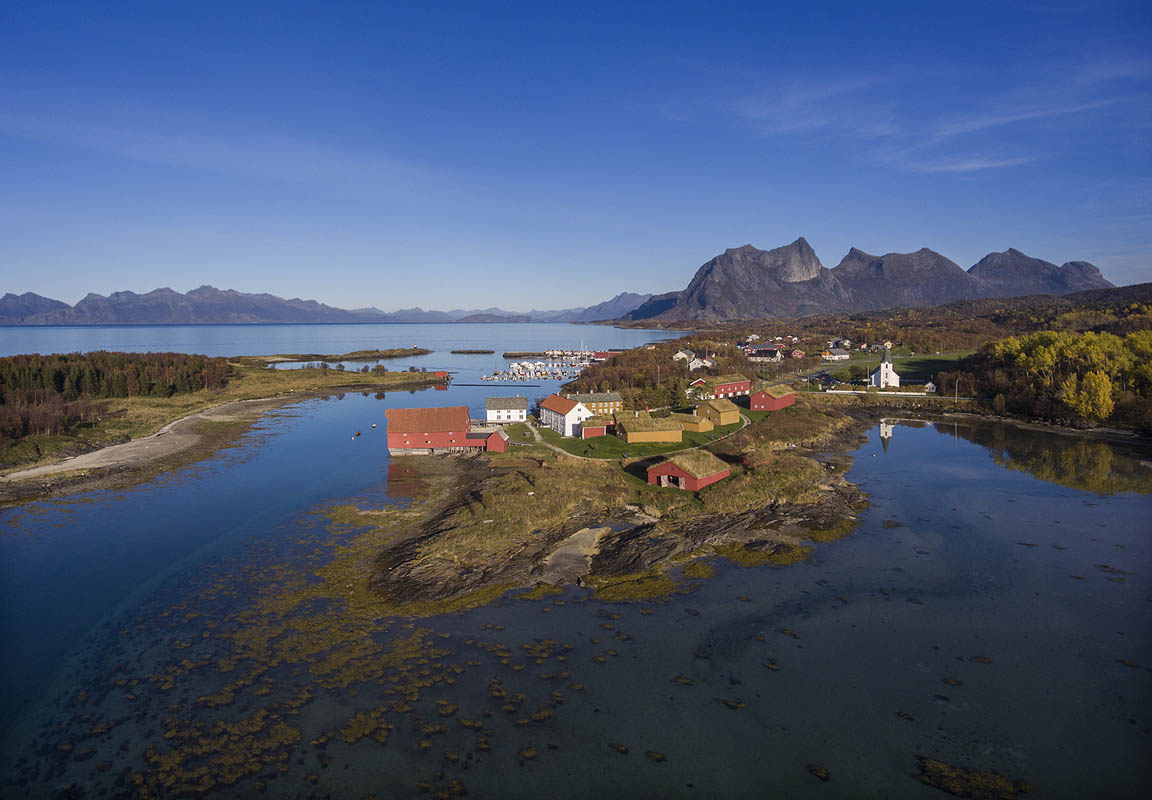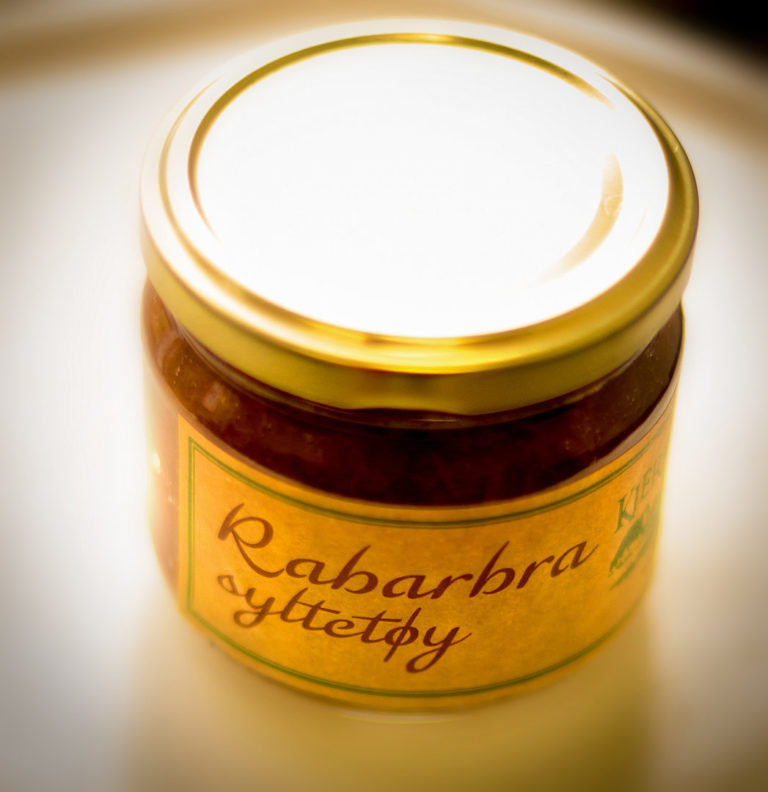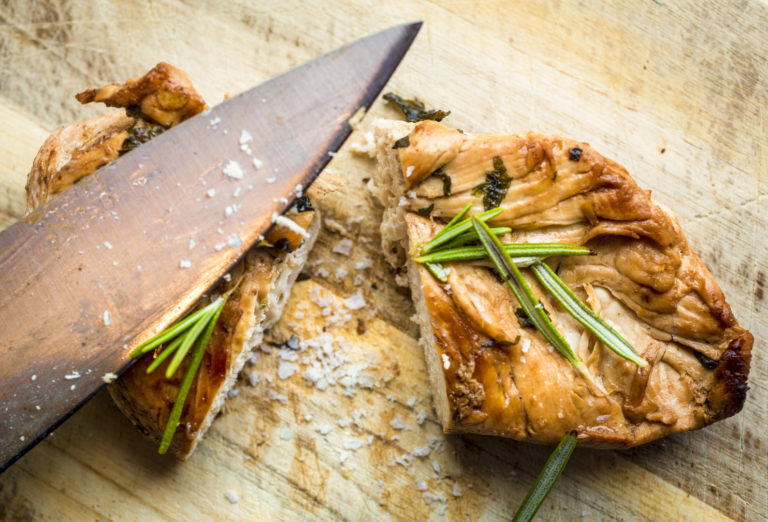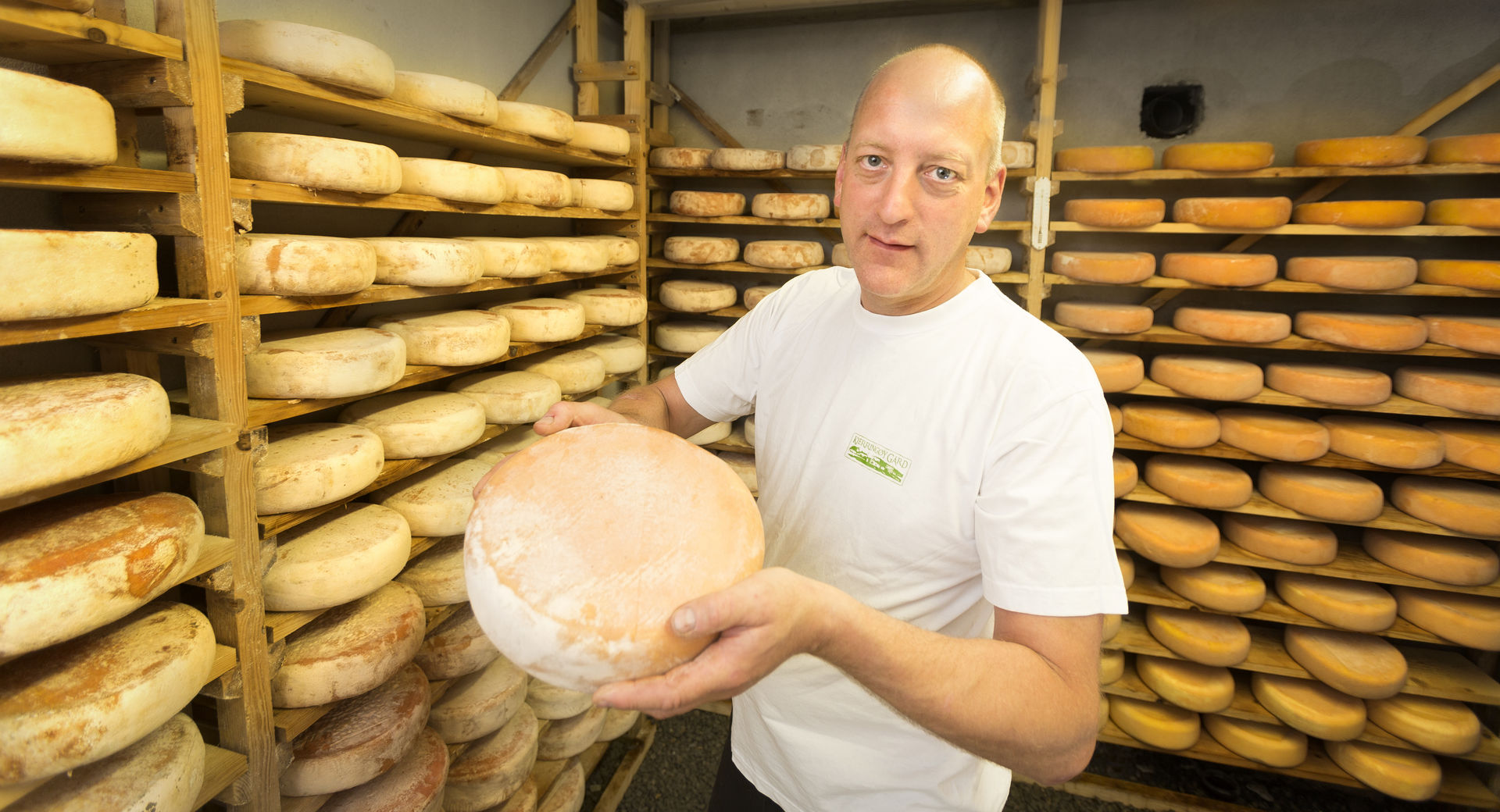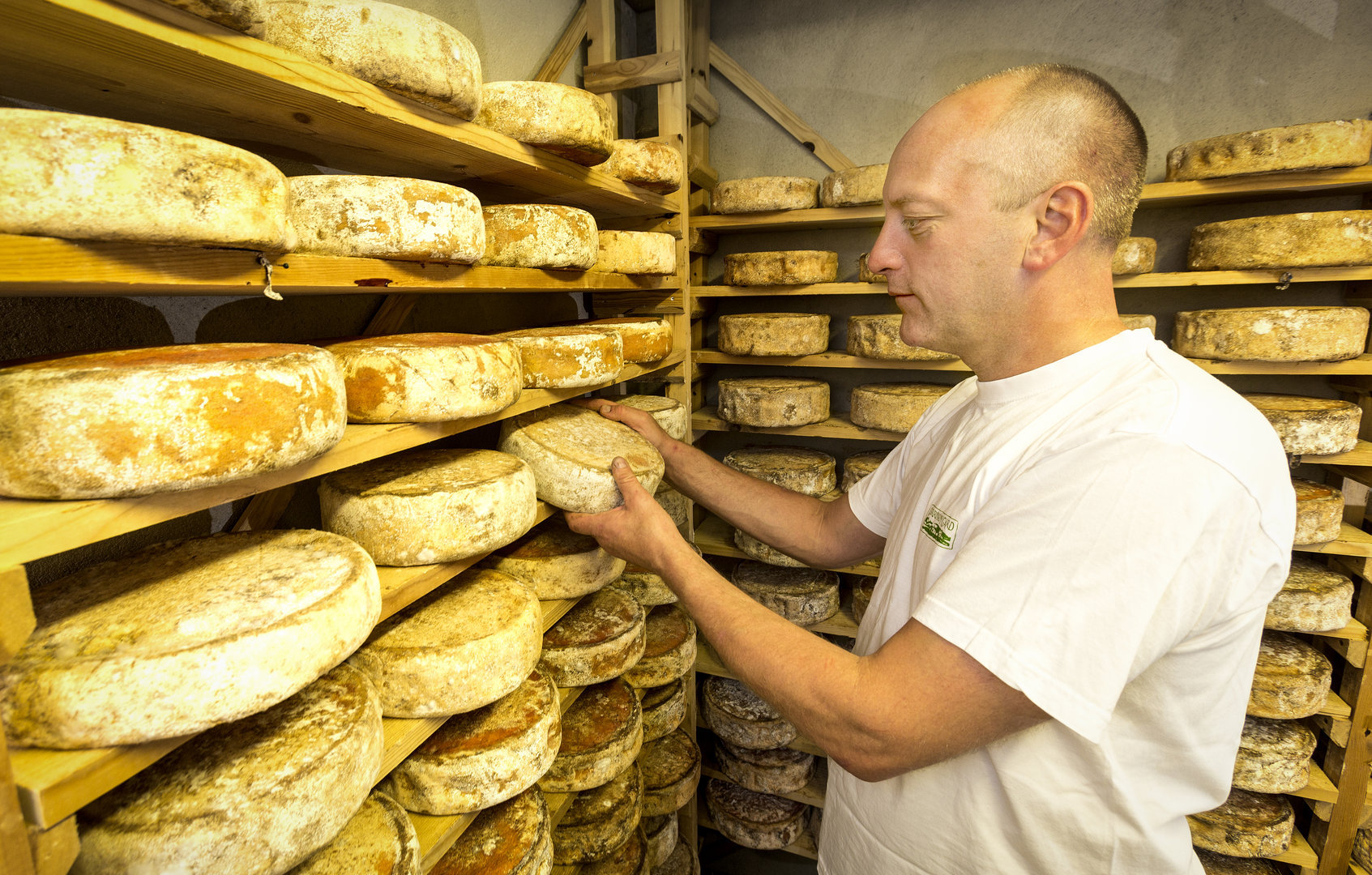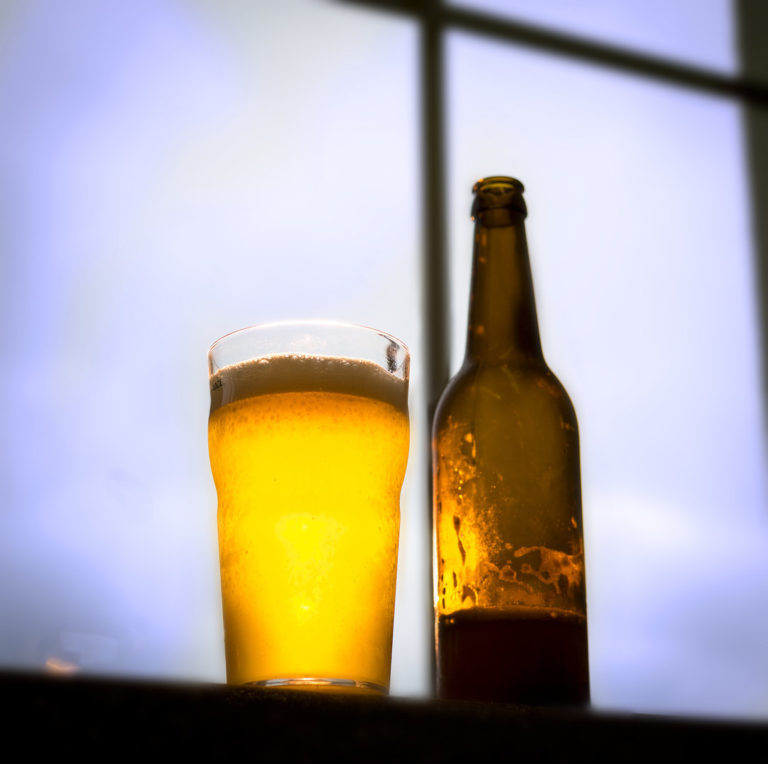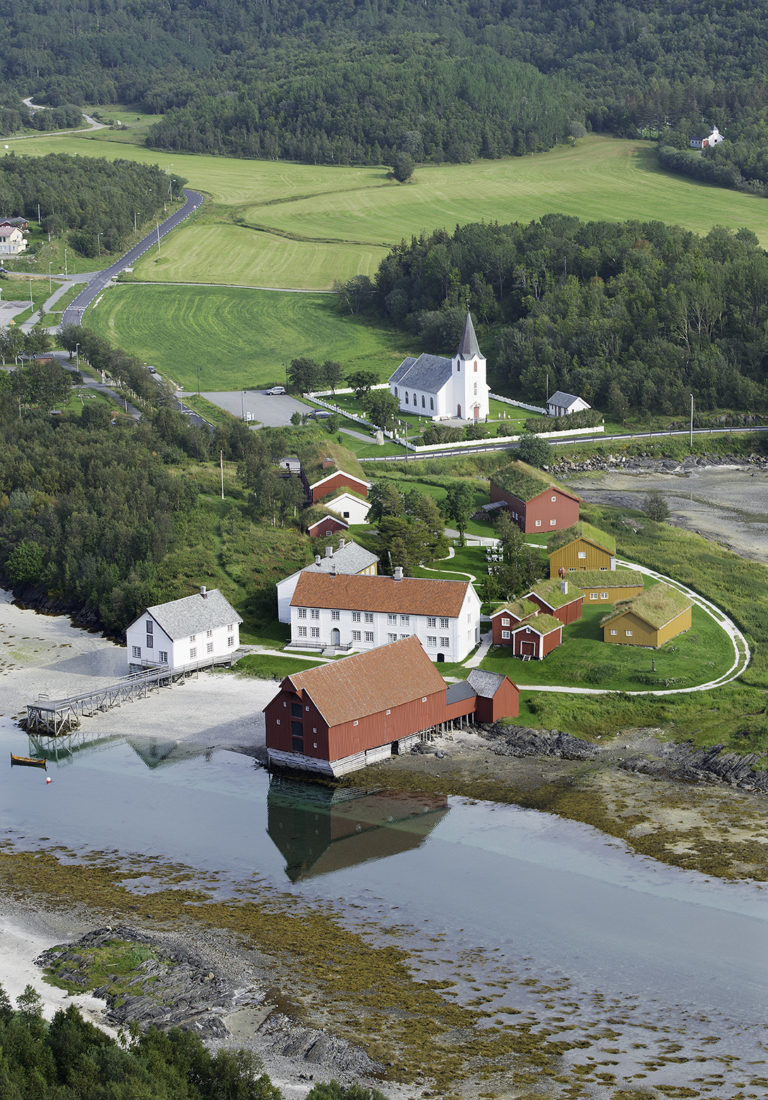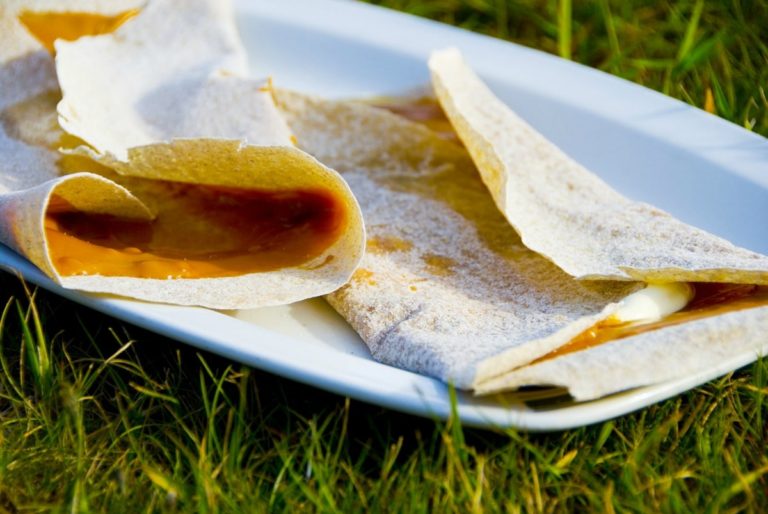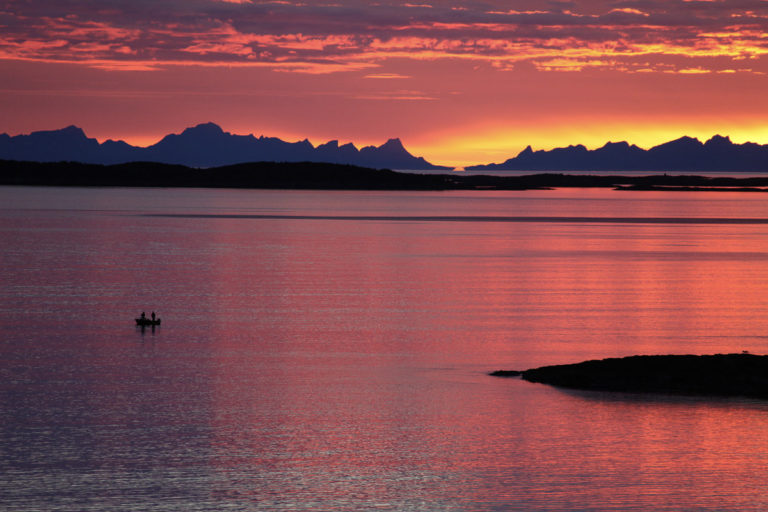So called, “short-travelled food” is increasing in popularity, and proximity to ingredients is becoming ever more important. At picturesque Kjerringøy, just north of Bodø, Oddbjørn Olsen has taken production one step further.
“I define it as non-travelled food,” says the cheesemaker who have spent close to two decades producing and developing traditional fare based on ecology and sustainable development. Inspiration and ideas come from the old fisherman-farmer culture which characterised the coast of northern Norway for centuries. Fertile soil, teeming animal and bird life, and an ocean full of fish and shellfish formed the basis on which the menu was developed.
No matter how hard the coastal population were stricken by destitution and economic depression over the centuries, they always had fish and potatoes. They never starved. The breadbasket was always right outside their door. This is indeed why the first Norwegians came here, over 10,000 years ago. Here they found reindeer, elk, whales, fish and shellfish, as the glaciers slowly receded revealing the coastal alpine landscape.
Delicious food is made from scratch
The Lofoten Fishery was established as the mainstay of both regional and national development, in close collaboration with cargo vessel traffic to the Hanseatic city of Bergen. It was the natural resources that formed the basis of much of modern Norway’s development. And it is generations of knowledge and tradition that Oddbjørn is now drawing on, when he is making sure that customers and guests are given an insight into how delicious food can be, when everything is made from scratch.

Let the locals give your holiday a boost
Ask Visit Bodø about everything you need to know
“Møsbrømlefse, for instance,” says Oddbjørn, as he whisks rhythmically in a pan containing what will be the lefse filling – a mixture of whey and brown cheese. “Møsbrømlefse are mentioned by the poet and clergyman, Petter Dass. At the same time, the north Norwegian lefse is nothing less than a close relative of the Mexican tortilla. In that respect, you might say that food also allows for fraternisation across national borders.”
Practical information on Kjerringøy and how to get your hands on local delicacies
Kjerringøy is located just 42km north of Bodø meaning if timed right with the ferry it only takes around 1 hour and 10 minutes to get there from Bodø. During the journey you’ have to take the Kjærringøy-Festvåg Fv834 ferry which runs on a regular time schedule in summertime.
The farm has a café/ restaurant where you can try the locally sourced foods and sample the brewery’s goods! To keep up to date with what’s going on including contact information follow their facebook page which has regular updates and recipes from Oddbjørn himself
For all the information you need you can check out the Visit Bodo webpage.
Oddbjørn is keeping local cultural heritage alive
Oddbjørn runs his own farm in addition to a café, bakery, cheese factory and brewery. “It’s basically a question of craftsmanship,” he thinks. He has laid down innumerable hours in search for recipes and techniques designed to ensure efficient and flavoursome production. In a way, he has also salvaged knowledge and traditions that were in the throes of dying out. When bread is taken out of the stone oven, it is not merely an aromatic delicacy that is put aside to cool down, we are also witnessing an aspect of cultural heritage that will soon be ready to serve with dairy butter and matured red cheese.
“You practically have to talk to the cheese, and keep an eye on it,” says Oddbjørn as he admits us to the Holy of Holies: two rooms crammed with maturing cheeses. There are no computer-controlled temperature regulators here, and every cheese needs to be closely watched over in order to ensure that they develop at the right pace. He is in here every day, turning the cheeses over.
Everything artificial is out of the window
These are living cheeses he says, meaning that when you take them out of the fridge and cut yourself a bit, a process is begun. Which again means limited shelf life. Oddbjørn began on a small scale, but now he is experiencing an increasing demand for the food produced. Celebrity chefs come up from Oslo for the sole purpose of buying these home-made, highly distinctive cheeses.
“My goal is to work together with nature. In tandem with the Earth, working in tune with Creation. At a time when more and more people are developing food allergies and intolerances, pure foods are good medicine. Artificial additives are banned here,” says Oddbjørn. It’s a matter of linking the local to the global, which again means that when they serve coffee to their guests, it is produced ecologically and is part of the Fair Trade system.
“I feel a strong affinity with farmers and food producers in other parts of the world. I am always trying to create a counterweight against ready-made food and fast solutions that are no good for your body or the global eco-system,” says Oddbjørn.
There is a growing desire for local ingredients
He is not alone. An increasing number of businesses in Northern Norway are becoming aware of the value of local ingredients. They cultivate herbs, harvest berries, hunt game and employ to an increasing extent old, time-honoured techniques when creating new and modern recipes. This is why Oddbjørn has begun brewing his own beer. “It’s a natural part of a festive culinary occasion.”
